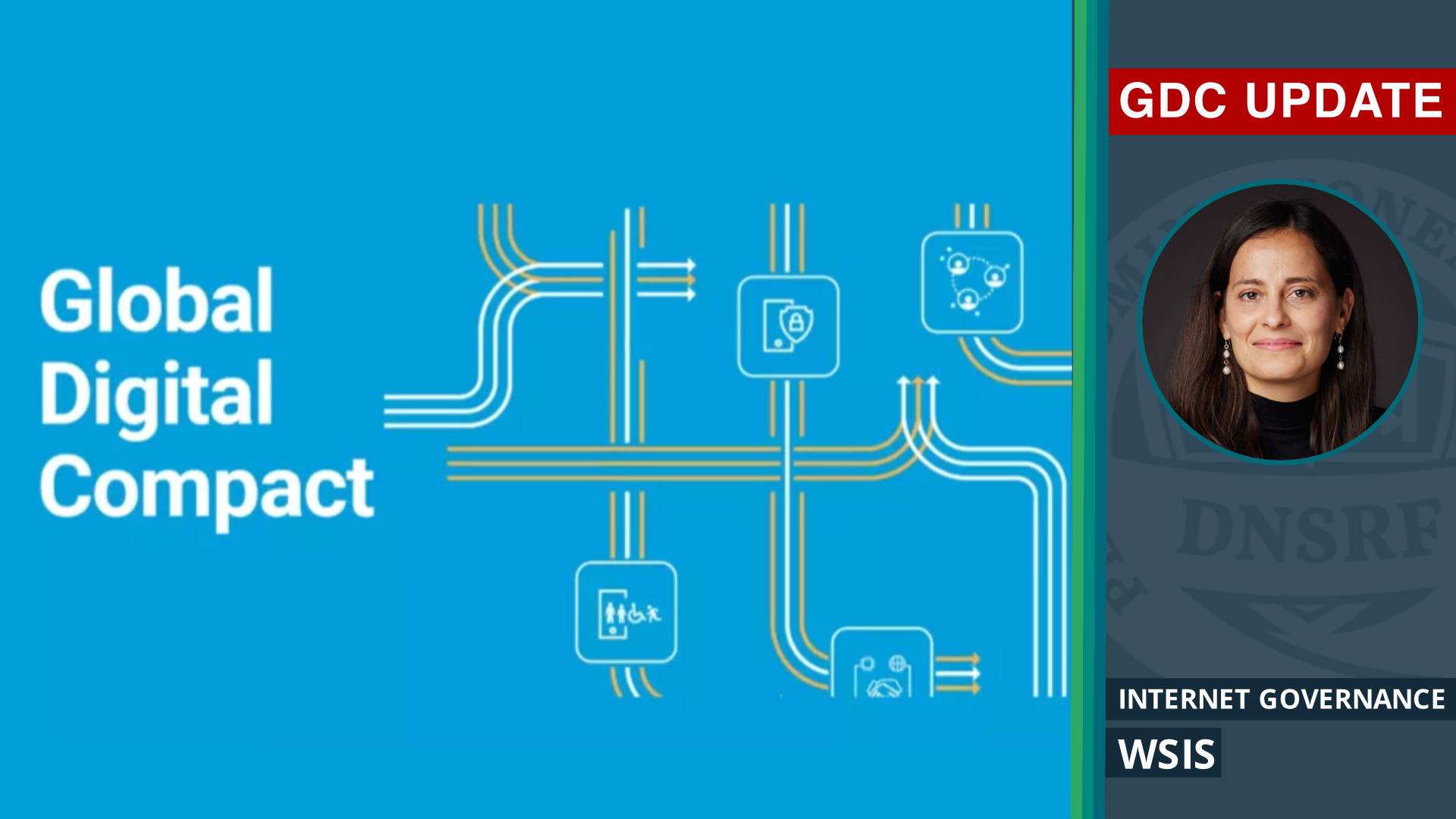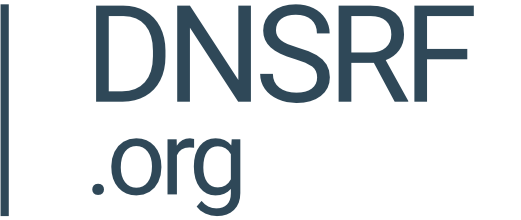Global Digital Compact revision 4: bartering for the Internet's future, behind closed doors

By Carolina Caeiro
On August 22, the Office of the Secretary-General's Envoy on Technology held a new round of open consultations to collect feedback on the latest draft for the Global Digital Compact (also known as the GDC).
This was the first opportunity for the broader multistakeholder community to provide input since the negotiation of the document moved behind closed doors in July 2024, with the sole participation of UN Member States.
The last round of consultations took place in May 2024 which, in the extremely tight GDC timeline, represents a significant amount of time for the document to evolve without community feedback.
The GDC is an initiative by the Office of the UN Secretary, Antonio Guterres. Set up to establish principles, objectives and actions to achieve “an open, free, secure and human-centred digital future”, it is one of the three pre-negotiated outcome documents that will be introduced at the Summit of the Future in September 20-23, 2024. The GDC, along with the other two outcome documents –the Pact for the Future and the Declaration on Future Generations– represent Gueterres’ attempt at brokering global agreements on pivotal issues for the coming decade.
Among the Internet’s community – accustomed to open, multistakeholder processes– the GDC has been met with a combination of scepticism and concern, as voiced repeatedly across the four consultations held to date.
The DNSRF analysed written submissions to the GDC’s first round of consultations to identify key themes.Three key lines of concern have continued to emerge ever since:
- The importance of upholding multistakeholderism in Internet and digital governance;
- Repeated pleas not to create duplicative processes for Internet and digital governance, especially if they are to be concentrated in multilateral fora; and
- Commitment to the existing WSIS process and IGF.
Like previous consultations, the August 22 session was rather uneventful. A string of individuals –including several outstanding orators– read two-minute statements to get their points across. The consultation was a fresh reminder of the inadequacy of the method, which is more about scrambling to place a stake on the ground than about actual debate.
Where the GDC stands today
Following the May 2024 consultations, the facilitators of the GDC,Sweden and Zambia, published version 3 of the text. This version was circulated among member states for consideration, in what it is known as the silence procedure. Established during the pandemic, the silence procedure is a way to facilitate (if not expedite) the approval of UN documents. The text is considered agreed upon, unless specific member states or coalitions break silence on specific clauses with which they disagree. Only those segments where there is disagreement are reopened for negotiation.
In July 2024, word got around that silence had been broken. However, since negotiations were opened only to Member States, the broader community that invested so much in the process was entirely blind as to what the areas of disagreement were.
On the ICANN WSIS+20 mailing list – which brings together Internet Governance experts and junkies– one government official kindly shed some light on the issue. “It will be fair to assume [silence is broken on] most issues of importance to us.”
Now that an unofficial copy of revision 4 became publicly available on August 28, there is visibility on the areas of disagreement where language has now been reworked. These include:
- Acknowledgement of the global, multistakeholder nature of Internet governance (Internet Governance, paragraph 27). Language has gone from stating that Internet Governance “must remain” global and open, to offering a green pass for it to “continue to be global” (for now). Slightly watered down, but good enough.
- Commitment to build on the WSIS process to deliver on the commitments of the GDC (Internet Governance, paragraphs 27 and 28, and Compact’s Follow-up and Review, 67, 70 and 75 in Rev 3). This is the language that has suffered the most. Three main changes were brought in:
‣ The WSIS process is now oddly referred to as “the summits held in Geneva and Tunis.” This is likely intended to play down the importance of the agreements in Tunis agenda, though the change is not bound to be specially consequential.
‣ "Enhanced cooperation” was brought back into the text as part of the provisions to guide Internet governance. Described by Markus Kummer as “one of those terms that mean different things to different people,” enhanced cooperation was shunned upon by Internet governance experts who saw the term as an opportunity to justify the creation of multilateral bodies to discuss Internet policy. In the context of the GDC, this reopens the door for alternative bodies and processes to be explored in the implementation and monitoring of the Compact or to shape WSIS-related fora like the IGF.
‣The role of the WSIS process in tracking the implementation of the GDC is also watered down, now described as one of the means to “advance implementation” but possibly not the sole one. Similarly, while the WSIS+20 review is specially called out as a check-in point, it is described as an opportunity to discuss how the WSIS can “support stakeholders” in the compact’s implementation. A completely transformed paragraph 71 says the Secretary General has time until before the WSIS+20 review to provide an implementation map for the Compact. In other words, implementation details –a clear area of contention–are to be revealed in 2025. - Recognition and Financial commitment to the IGF (Internet Governance, paragraph 27, 28 and 29(b)). The IGF has made it through revision 4 mostly unscathed. A new paragraph 28 continues to acknowledge the role of the IGF as a platform for discussing Internet governance (even National and Regional Initiatives get a shoutout in paragraph 68). In terms of financial support to the IGF, language has been shuffled around, now committing to voluntary funding with the goal of improving participation from developing countries. Not a major loss, though it limits the scope of what new funding is for.
References to Internet Shutdowns and Freedom of Expression online — uncomfortable language for weak and non-democracies— were also contested. Language on the principles of legality, necessity, proportionality and non discrimination is now gone, replaced by a weaker commitment to ensure that Internet access restrictions are in “accordance with national legislation, compliant with international law.” This is a major missed opportunity for those advocating against shutdowns. It also follows what may now be consolidating as a trend in parallel UN processes: the watering down of human rights commitments, as seen on the Ad Hoc Committee Agreement on Cybercrime.
This analysis excludes several other points of contention in the document, such as AI and data governance where other colleagues have delivered great insights.
While these are changes that the Internet community can live and work with, they reflect how in spite of community consensus, digital governance can be reshaped when discussed within multilateral settings. In a worst case scenario, changes to the WSIS language may be the preamble to future attempts to subordinate the WSIS process to the GDC. Similarly, the seemingly shy resurfacing of enhanced cooperation —mentioned only once in the text— may signal to renewed attempts to drag Internet governance to multilateral settings.
The GDC facilitators are likely on turbo mode to negotiate a stable text ahead of the Summit of the Future in September. Revision 4 is now believed to have gone into silence procedure.
As the GDC negotiations come to a close, it is clear that the current Internet Governance model will continue to be challenged. The GDC battle lines foreshadow trouble ahead in the WSIS+20 review, where stakes will be at an all time high.
In the immediate future, the somewhat obscure World Telecommunications Standardization Assembly (WTSA-24) assumes an intensified strategic importance in light of these developments. A multilateral conference, attended by a few of the multistakeholder community, taking place in India in October, provides an important staging post in what now looks like a drive for strengthened government direction in the future of Internet governance. I'll be returning to this subject shortly in a future blog. Stay tuned!


